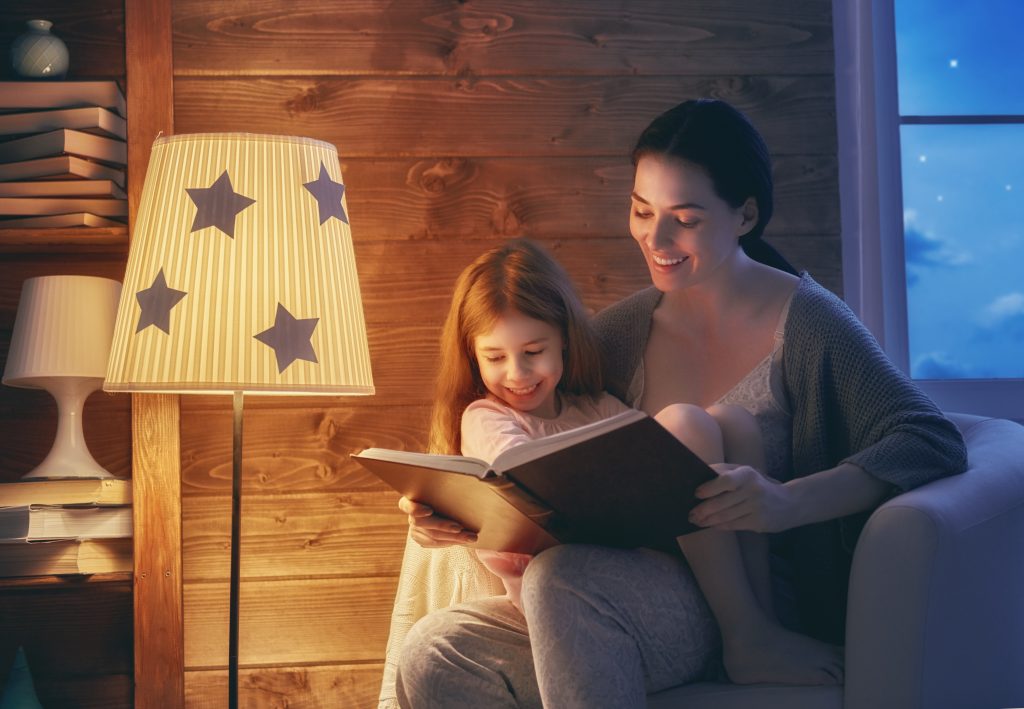Disclosure:: This post is sponsored by Our Lady of Lourdes Regional Medical Center and authored by Dr. Vukmir Vlasic, pediatric pulmonologist and sleep medicine specialist.
5 Tips to Maintain Healthy Sleep During Quarantine
 Work, school, gym, childcare … it seems all your routines are in a tailspin during this coronavirus (COVID-19) quarantine. Sleep doesn’t have to be among them. In fact, there are some easy things you can do to help promote continued good sleep habits for you and your family during the quarantine.
Work, school, gym, childcare … it seems all your routines are in a tailspin during this coronavirus (COVID-19) quarantine. Sleep doesn’t have to be among them. In fact, there are some easy things you can do to help promote continued good sleep habits for you and your family during the quarantine.
Set a schedule and stick to it.
Consistency is the key – the more consistent your bed and wake-up time, the more consistent your body will function. This is true for you and your little ones. It may be tempting at present to stay up late watching movies or crushing a series on your favorite streaming service. However, losing even 16 minutes of sleep a night is shown to have negative effects – fatigue, irritability, confusion, etc. – as early as the following day. Target at least eight hours of sleep each night. Make your sleep environment more conducive to success. Place blackout curtains in bedrooms. Ear plugs help to block out distractions, but they are not recommended for parents with infants or other smaller children.
Naps could be friend… or foe.
We’ve all been there – off of work, nuzzled up on the couch or in a favorite chair. Naps happen. Napping for 10 to 20 minutes during the day will help you recharge. But, be mindful of when and how often you doze. Napping too much during the day can disrupt your overnight sleep schedule. You’ll need more naps during the day to offset the sleep you didn’t get the night before, which will disrupt your night-time schedule again… And, the tailspin will continue until you can reset your sleep routine.
Have a set time to turn off electronics.
Often, we hear this bit of advice and think it only applies to our computer or tablet. Not so. It applies to all electronic devices – yes, even your smart phone and e-reader. That means no social media or apps after a specific time each night. TV, too. Target 90 minutes before your set bedtime. Put the kids to bed and read them a nighttime story to help them settle in for the night. Pray together or make a list of things you’re thankful for from the day. When you’re ready to settle in for the night, spend a little time reading, praying or meditating in your bedroom before you’re scheduled to go to sleep. Meditation apps may be helpful, but remember, no electronics.
Stop eating at least two hours before going to bed.
Midnight snacking may be fun – a time when you allow yourself a little treat to top off the day. However, eating before laying down to sleep can cause indigestion, heartburn or other symptoms that may disrupt your set sleep routine. Cut off caffeine and alcohol several hours before bedtime. Your latte may be just the ticket to start your day, but too much caffeine during the day will upset your sleep routine. Alcohol may make you feel relaxed or sleepy, but it doesn’t help with sleep. Instead, opt for a hot shower or bath followed by a cooling-off period – this promotes your body to produce natural melatonin, which will help you fall asleep more easily.
Anxiety and stress can prevent sleep.
Limit exposure to the incessant media coverage and social media posts about the coronavirus. It is important to stay informed of the latest information and guidelines. However, too much information is not a good thing.
Children may find some of the images and stories being shared disturbing, but may not say anything initially. That may be because many are not mature enough to understand or express what they’re feeling inside. The impact may materialize in nightmares, trouble sleeping, clinginess or distractedness throughout the day. Adults are not immune. In fact, you or other adults around you may be experiencing the same thing.
Be mindful of the amount of media coverage and social media time you’re dedicating to COVID-19. Children may not be in the same room, but could overhear what is being discussed. Trade electronic device time during the day for family activities.
To Learn More about Our Lady of Lourdes Regional Medical Center visit ::
Website | Facebook | YouTube
About Dr. Vukmir Vlasic
 — Dr. Vukmir Vlasic is a board-certified pediatric pulmonologist and sleep medicine specialist with the Kids Specialty Center at Our Lady of Lourdes Women’s & Children’s Hospital. Learn more at LourdesRMC.com.
— Dr. Vukmir Vlasic is a board-certified pediatric pulmonologist and sleep medicine specialist with the Kids Specialty Center at Our Lady of Lourdes Women’s & Children’s Hospital. Learn more at LourdesRMC.com.


















